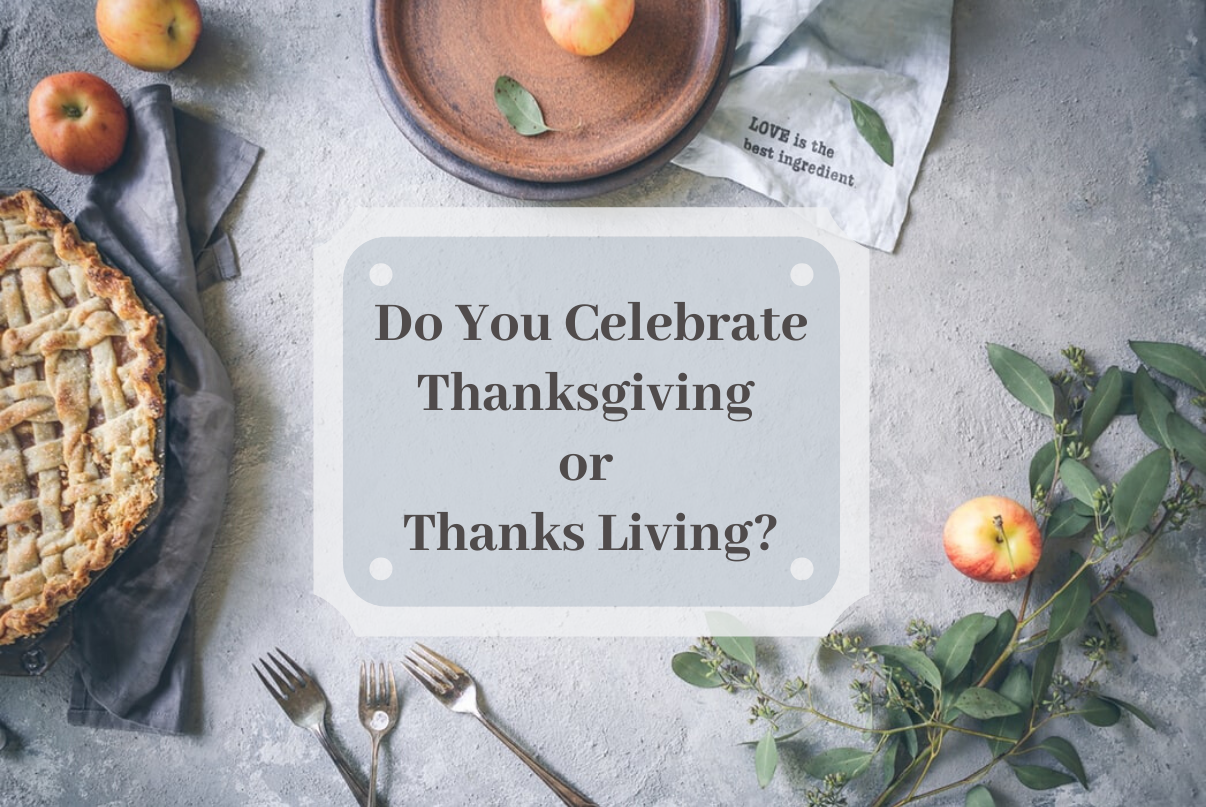As the calendar page is turned to November, my thoughts default to the day that is focused on giving thanks for all of God’s provision throughout the year that I carefully recorded in my journal. When I relocated from San Diego, my place of birth and residency for my entire life, to assume a position at The Master’s University, a colleague gave me a lovely journal and pen. It prompted me to begin a habit of daily recounting God’s blessings to me. I have filled numerous volumes and use Psalm 103 as the foundational verse for each. I weekly reread entries from previous years and find that as I choose to integrate thankfulness into my life, I am capable of coping with grief, loss, and stress. Focusing on the blessings in my life during challenging times, I am able to embrace the Apostle Paul’s challenge to “in everything give thanks; for this is the will of God in Christ Jesus concerning you.” (1. Thess. 5:18)
An article by The Yale Center for Emotional Intelligence (http://ei.yale.edu/what-is-gratitude/) shares that, “The holiday season is a good time to think about gifts, and not just the paper-wrapped kind. The people in your life can themselves be gifts—and so can a thousand other things, big and little, many of which you probably overlook day to day. Taking time during the holidays to notice, contemplate, and express gratitude for these people and things can make your holidays far more meaningful. Gratitude is a healing and supportive emotion, too. If you’re struggling with family drama, stressful travel, or disappointments, the practice of gratitude can help you.”
The article’s conclusion aligns with David’s choice to focus on gratitude/thanksgiving—as you read his Psalms of praise, you find him thanking God for things in heaven and things on earth, for material blessings and spiritual blessings, and for joyful experiences as well as difficult experiences. I encourage you to read through the book of Psalms through the month of November, underling the phrase “I will” each time you encounter it. As you do, remember that giving thanks is generated from the will while being thankful is generated from the emotions. The Psalms engage the will, and once the will is engaged, the joyful emotions will follow!
Our heavenly Father finds delight in hearing His children say, "Thank You." He inspired the Psalmist to write, "It is good to give thanks to the Lord." (Psalm 92:1) How fitting it is, therefore, that we express our thankfulness to our heavenly Father and to others. Since saying thank you pleases God and encourages those around us, let's consider this Thanksgiving season as a launching pad for a year of thanks living! Remember,
If we were thankful for everything
The way God tells us to be,
What a wonderful change in our living
We would be able to see!
Kelsey’s Korner provides you with the “Whys” and “Hows” of thanks living.
KELSEY’S KORNER
American Thanksgiving is a holiday steeped with tradition. Although for many the tradition is just another day to eat way too much turkey, the spiritual tradition is about expressing thankfulness. As families and friends gather around the table, one by one people share what they are thankful for. Most of the time people offer thanks for their families, material provisions, or other earthy blessings. Whatever is said, the theme is usually the same—thankfulness is only extended to things we consider good.
The Bible, however, sheds new light on thanksgiving in 1 Thessalonians 5:18 when Paul instructs us to “give thanks in all circumstances.” Praising the Lord for happy blessings is easy, but in all circumstances? My husband was recently let go from his job. Should he share this as a praise around our Thanksgiving table? Should my friend, who just discovered the baby inside her womb no long has a heartbeat, give thanks for that? I can picture the wide eyes and slack jaws around the table at the mention of those “praises.” So why should we give thanks in affliction, and how, in the midst of pain and brokenness, do we have the power to lift genuine praises? As I have pondered these things, Paul’s second letter to the Corinthians has helped shed light on these questions.
Why? When affliction comes, why should we offer thanks? Before we answer that question, it’s important to note that since the Fall (Gen. 3) brought death, disease, and sin into the world, our thanksgiving should never be FOR the affliction itself but FOR God, who takes those afflictions and creates beauty out for ashes (Isa. 61:1-3). Through His divine sovereignty and grace, God is able to...
use afflictions to make us more like Christ (1 Cor. 3:18; 4:17). This action of becoming more like Christ is called sanctification. Trials act as one of the most fertile grounds for this growth. Ultimately, God’s will for us on earth is not a life of happiness and ease. His will is our sanctification (1 Thess. 4:3).
use our afflictions to display His own glory in us (1 Cor. 1:9; 2:15; 4:10-11; 5:22). One of the reasons the Lord ordains hardships is to help us learn to “rely not on ourselves but on God….” (2 Cor. 1:9). Drawing from our true source of strength during affliction brings glory to the Lord, for His power is made perfect in our weakness (2 Cor. 9).
transform our afflictions into a tool that prepares us for eternity (1Cor. 4:14, 17). Second Corinthians 4:17 says that our afflictions are light, momentary, and working to prepare us for an eternal weight of glory beyond all comparison! This earth is not our home for long, so praise the Lord that He uses our temporary afflictions to prepare us for our eternal home in glory! This is why we can give thanks in affliction.
How? Knowing why we can give thanks in affliction is one thing, but learning how to display gratitude when our hearts are so sorrowful and sinful is altogether different. When we are weak, where is our strength?
Our power comes from the Holy Spirit, not ourselves (1 Cor. 1:22; 3:5, 18; 4:7-9). Throughout the book of 2 Corinthians, one thing is made very obvious—the Holy Spirit is given “to show that the surpassing power belongs to God and not too us” (1 Cor. 4:7). Through His power, “we are afflicted in every way, but not crushed; perplexed, but not driven too despair; persecuted, but not forsaken; struck down, but not destroyed… “(1 Cor. 4:8-9). This supernatural response to affliction could never come from us.
Our power comes from where our eyes are fixed. My mother recently passed away from cancer, and for her funeral, her only request was to have these words displayed on stage: “So we look not to the things that are seen but to things that are unseen; for things that are seen are transient, but the things that are unseen are eternal” (1 Cor. 4:18). If our eyes are fixed on our circumstances or earthly blessings, trials will come and snatch away all that is precious to us. But when our eyes are fixed on Christ and our eternal home, no affliction will destroy us.
This Thanksgiving, let’s strive to thank God in all things. If we pass through an affliction, let’s ask God for sanctification and that He would bring glory to Himself. Let’s praise Him that the work is accomplished not through our own strength, but through the power of the Spirit. And let’s give thanks that our afflictions are preparing us for our eternal home, a glory not even worthy of comparison (1 Cor. 4:17).
THE EVERYDAY HOMEMAKER’S MONTHLY MEDITATION THOUGHT
God’s Word states, “bless the Lord, O my soul, and forget not all of His benefits.” (Psalm 103:2)
Therefore, I may boldly say, regardless of the circumstances I will daily choose to celebrate thanks living.


